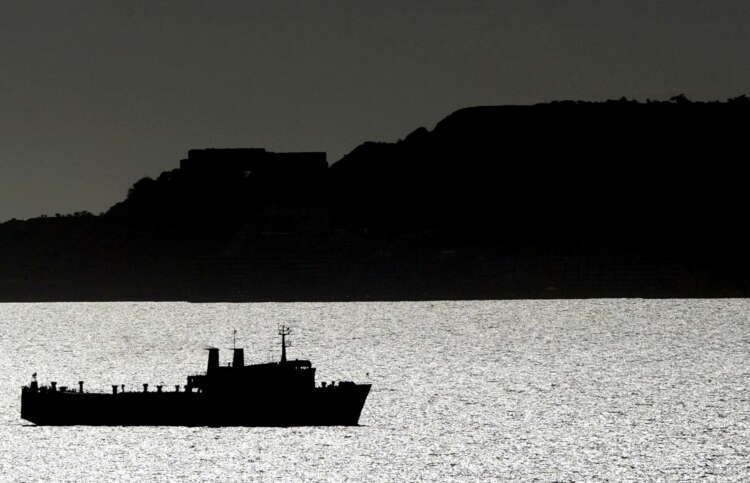Trading
Shipping industry seeks to combat dark oil transfers at sea
Published by maria gbaf
Posted on July 14, 2021
1 min readLast updated: January 21, 2026

Published by maria gbaf
Posted on July 14, 2021
1 min readLast updated: January 21, 2026

Explore more articles in the Trading category











